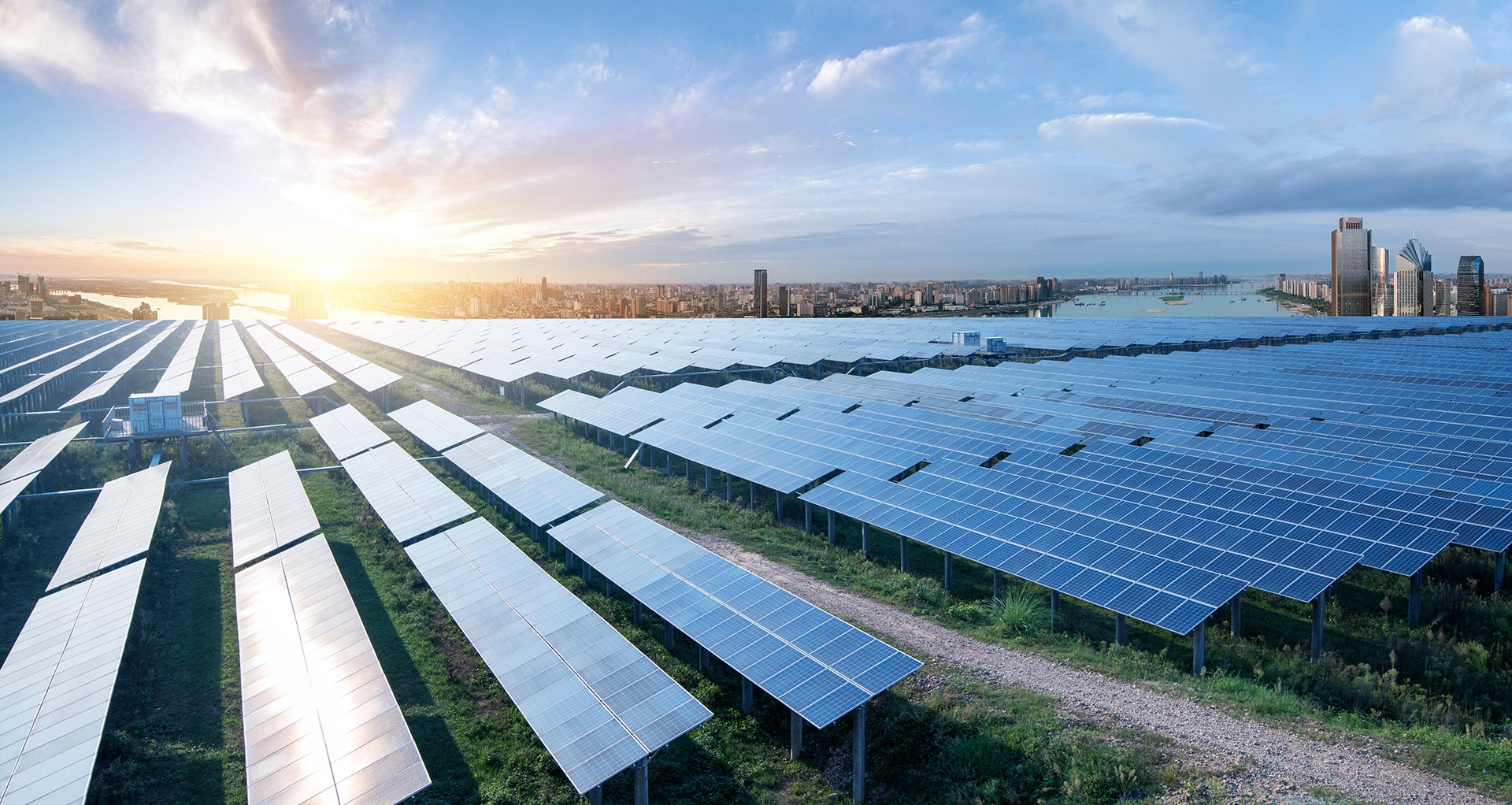Conference Scope
Islamic finance has seen significant growth in recent decades and has remained resilient since the start of the pandemic, with assets expected to grow by 10.6% in 2020, according to S&P Global Ratings. Moreover, it is forecasted that the global Islamic finance industry will grow by 10–12% annually, with its total global asset value reaching USD 3.69 trillion by 2024. In addition, Islamic FinTech has emerged as the fastest-growing financial technology segment in the Organization of Islamic Cooperation (OIC) member countries. Despite the exponential growth, the full potential of Islamic FinTech is yet and still far from being realized. It is reported that Islamic FinTech contributed USD 49 billion worth of transaction volumes in OIC countries in 2020, representing only 0.7% of the global FinTech transactions (Global Islamic FinTech report, 2021).
Digitalization offers Islamic finance and economy (IFE) great growth opportunities, both in market value and in socio-economic impact. From the start of the new decade, Islamic finance has significantly evolved from simply providing shari’a-compliant alternatives. Today, Islamic finance also offers shari’a-compliant bespoke products to customers worldwide with an increased focus on environmental, social, and governance (ESG) factors combined with the integration of emerging technology solutions such as blockchain, smart contracts, and artificial intelligence (AI).
While the aforementioned emerging technology brings enormous opportunities, it also comes with a caveat of unwanted consequences. This includes unethical use of technology, unequal growth, an increase in social gaps, pollution, the depletion of natural resources, and many more. Nevertheless, technology is morally neutral and will only remain a tool. Their design principles and how well humans utilize them determine the impacts and outcomes. Therefore, it is vital for IFE to ensure it adopts and embraces the emerging technology with God-Consciousness and operationalizes Islamic virtues in the design principles and frameworks.
Most importantly, IFE requires a robust "vision" that can guide the Islamic finance industry for the next decade and provide the necessary strategies and structure for a strong future. Also, it should develop a maqasid-centric "vision" that is sustainable and respectfully works with the biosphere, not against it, and a pre-eminent "vision" that upholds the inquisitive and virtuous spirit of all golden ages, especially the Islamic golden era.
With this background, the 5th International Conference on Islamic Finance aims to:
- Address contemporary and emerging concerns faced by all facets of the Islamic finance and economy.
- Provide a direction for the Islamic finance and economy to adopt and integrate emerging technological tools and advancements for offering innovative products and solutions.
- Analyze various facets within the ecosystem of Islamic finance and economy their contribution towards SDG agenda, taking cognizance to fulfill the Maqasid al-Shari’a.
- Promote research topics that are aligned with QF, HBKU, and CIS-HBKU research pillars and disseminate them through reputable scholarly publications.
The two-day conference will provide a platform for high-level dialogues and discussions between academics, researchers, students, industry leaders, practitioners, and policymakers to frame the next decade of Islamic finance and economy, concentrating on linking values and impact in the era of digitalization.
Papers presented at the past four conferences have been published in the form of edited volumes by Edinburgh University Press, Taylor & Francis (Routledge), and Springer-Nature.
Conference dates: October 9 - 10, 2022

